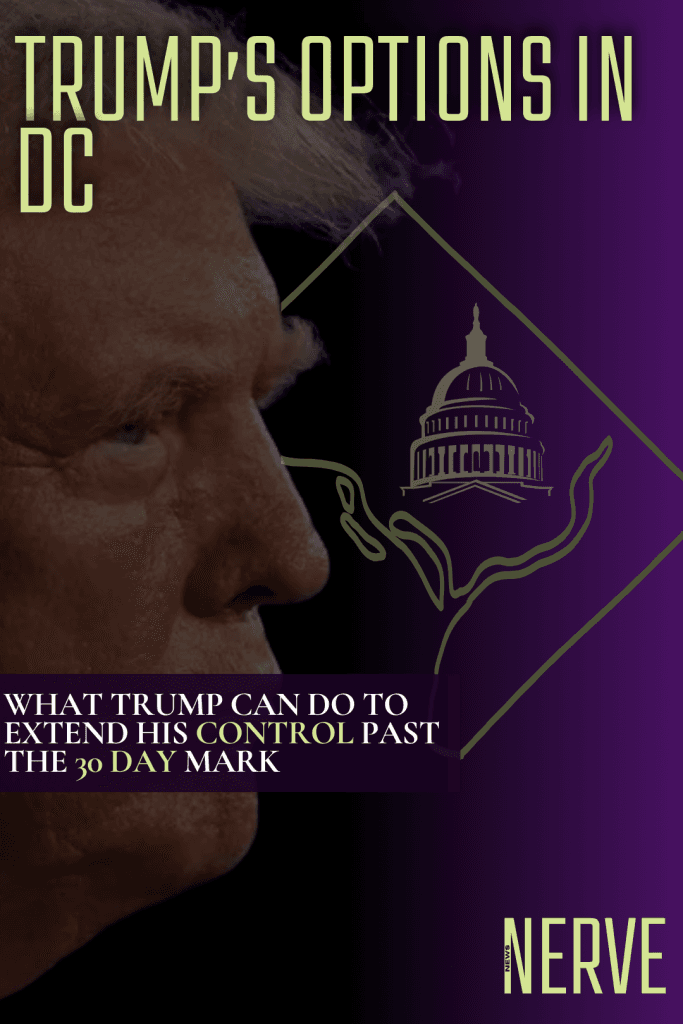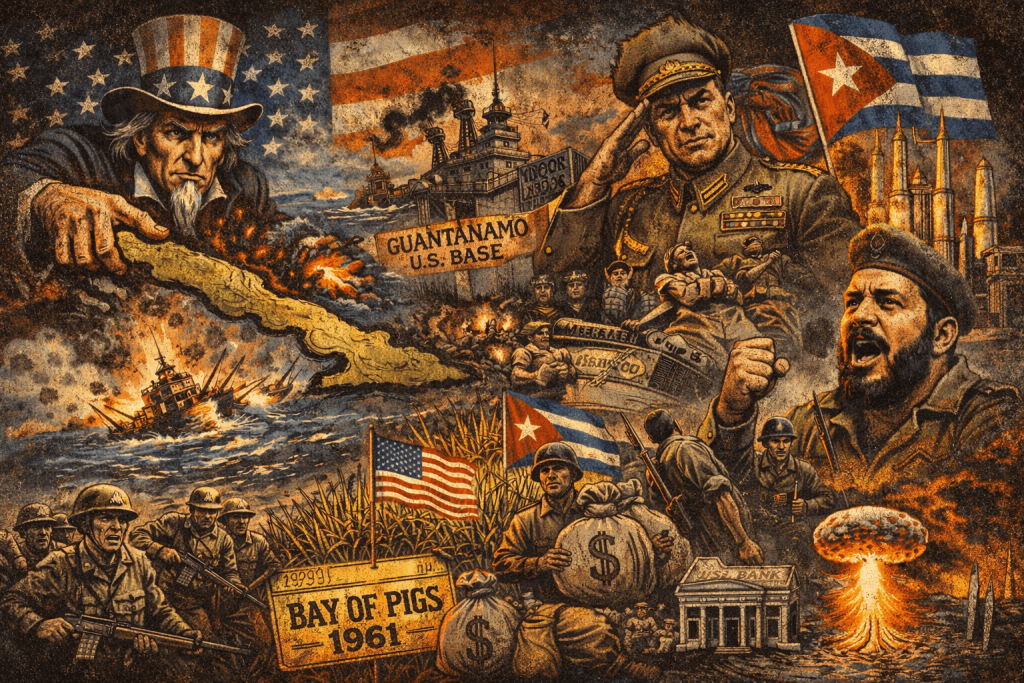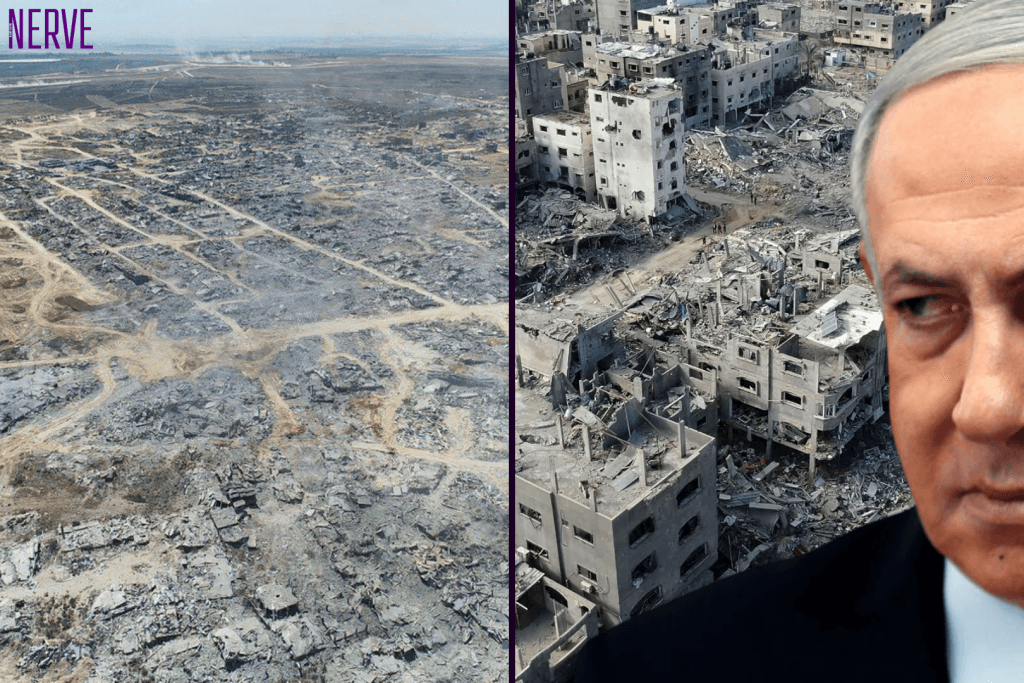Taking Decisive Action for the Nation’s Capital
President Donald Trump has taken unprecedented but necessary action to restore order in Washington DC by federalizing the Metropolitan Police Department under a provision in the 1973 Home Rule Act.
The president can retain control of the department for a longer period if he notifies the chairs and ranking members of the congressional committees that handle legislative matters pertaining to DC, but the law imposes a crucial limitation: Any request of control over the city’s police department for more than 30 days must be passed into law.
With Attorney General Pam Bondi now coordinating law enforcement efforts, the administration has already arrested over 100 criminals in less than a week, demonstrating the immediate impact of federal leadership.
While the initial 30-day emergency period provides a strong start, President Trump recognizes that truly transforming DC’s public safety landscape requires sustained commitment. “You can’t have 30 days,” Trump explained at the Kennedy Center. “We’re going to do this very quickly, but we’re going to want extensions.”
Why Extended Federal Oversight Might Make Sense
The Real Crisis Behind the Statistics
While critics point to overall crime statistics, they miss the complete picture. The nation’s capital should be a gleaming symbol of American greatness, not a city where:
- Federal workers face carjacking attempts
- Homeless encampments line the streets near national monuments
- Juvenile offenders operate with impunity due to lenient local policies
- Tourists and public servants feel unsafe in America’s capital
The recent assault on a 19-year-old former Department of Government Efficiency worker during an attempted carjacking crystallized what many have long known: DC’s local government has failed to maintain the standards befitting our nation’s capital.
Immediate Results Justify Continued Action
In just the first week of federal coordination:
- Over 100 arrests of violent criminals
- 43 arrests in a single day showing sustained momentum
- Visible National Guard presence restoring public confidence
- Coordinated federal-local operations maximizing resources
These results demonstrate what’s possible when federal expertise and resources support local law enforcement without the political constraints that have hampered DC’s crime-fighting efforts.
Available Legal Pathways for Extended Authority
National Emergency Powers: A Legitimate Tool
The National Emergencies Act provides presidents with authorities specifically designed for situations where normal procedures prove inadequate. Congress itself created these powers, recognizing that executives sometimes need flexibility to address complex challenges that legislative bodies cannot quickly resolve.
If President Trump determines that a national emergency declaration is necessary, he would be using authorities that:
- Congress explicitly delegated to the executive branch
- Have been used by presidents of both parties for various purposes
- Remain subject to judicial review and congressional oversight
- Can be tailored to specific public safety needs
Building on Historical Precedent
Presidents have long used federal authority to ensure public safety when local governments prove unable or unwilling to act:
- Eisenhower, Kennedy, and Johnson all deployed federal forces to enforce law and order
- President George H.W. Bush used federal authority during the 1992 LA riots
- Multiple presidents have intervened when local authorities couldn’t maintain order
Trump’s consideration of extended federal involvement follows this established tradition of presidential leadership during public safety crises.
The Insurrection Act Option: Restoring Order When Needed
The Insurrection Act represents another constitutional tool available to presidents facing breakdown of law and order. Rather than being “dangerously vague,” its flexibility allows presidents to respond to evolving threats that the Founders couldn’t have anticipated. It might even benefit Trump if rioters attempt to counter his control of the city.
The Act empowers the president to:
- Enforce federal law when normal judicial processes are impracticable
- Protect citizens’ rights when local authorities fail to do so
- Restore order in areas where lawlessness threatens federal functions




